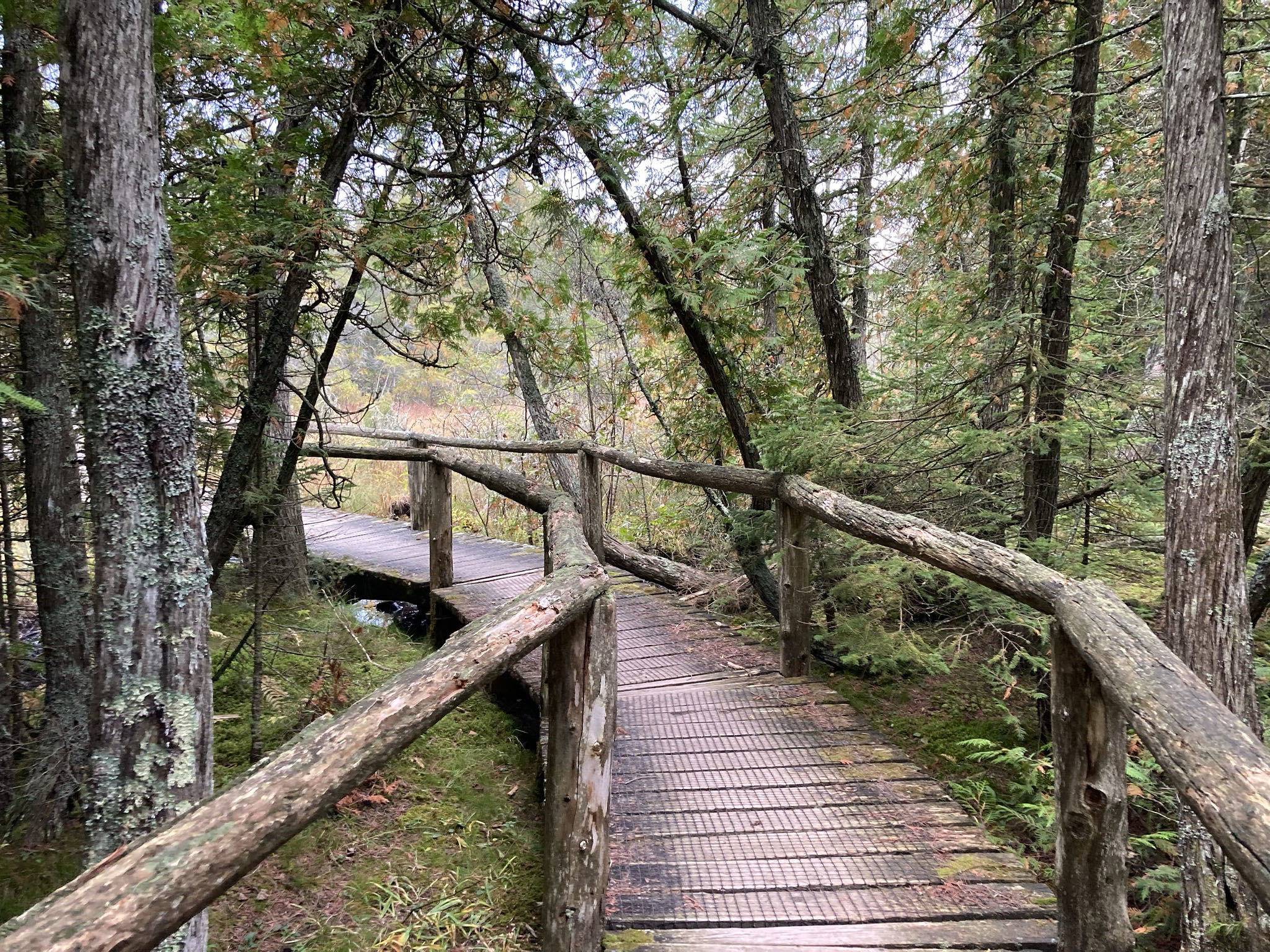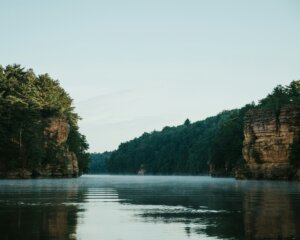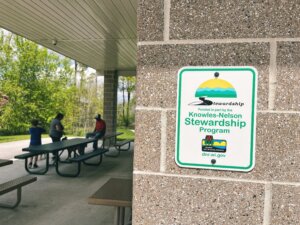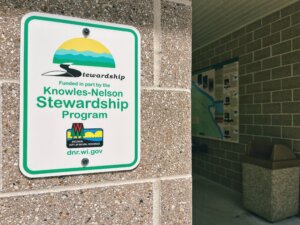July’s Wisconsin Supreme Court ruling on the Knowles-Nelson Stewardship Program has re-energized the Wisconsin land trust community and streamlined the program’s grant approval process. Many land trusts and nonprofit organizations had previously limited their funding requests to avoid potential delays from the legislature’s Joint Finance Committee, but conservation organizations across the state are now poised to take on more ambitious projects.
In a Door County Pulse article, Door County Land Trust Executive Director Emily Wood explains, “This ruling will directly impact Door County Land Trust’s grant applications by enabling us to request amounts above $250,000 when necessary, rather than under-funding our requests to avoid getting delayed or derailed in Joint Finance review.”
Katie Krouse, executive director of The Ridges Sanctuary, echoed this sentiment, calling the decision a “massive win” for conservation in Wisconsin. Krouse believes it will fundamentally change the culture of land protection efforts and ease the grant application process.
Debra Behrens, Executive Director of The Prairie Enthusiasts, noted that before this court ruling, the organization chose to apply for just $249,000 in Stewardship funding for their recent Mounds View Grassland addition – a fraction of the project’s $3 million cost – in order to avoid Joint Finance Committee review.
“We made the decision to accept the $249,000 from Knowles-Nelson instead of going for full funding because deals were getting held up at that time, and we needed to be able to close on the project,” Behrens said to Wisconsin Public Radio (WPR).
With these barriers removed, land conservation groups across the state are now looking forward to pursuing larger, more impactful projects, reported WPR’s Danielle Kaeding. As organizations fully engage with the Stewardship Program, more grant applications are expected, which could lead to more protected lands for recreation, wildlife habitat, and sustainable forestry throughout Wisconsin.
In response to the court ruling, Republican lawmakers have threatened that the ruling may jeopardize the future of the Stewardship Program. They argue that the decision reflects a partisan bias and have suggested it could lead to challenges in securing program reauthorization in the next budget cycle if they attempt to use their power to eliminate or drastically reduce program funding.
Despite these concerns, the ruling is seen as a net positive development for conservation efforts. Door County Land Trust’s Wood noted that the 6-1 decision was a “welcomed reminder that conservation can be nonpartisan.”
Featured image by Amy Bayer, 2021.










